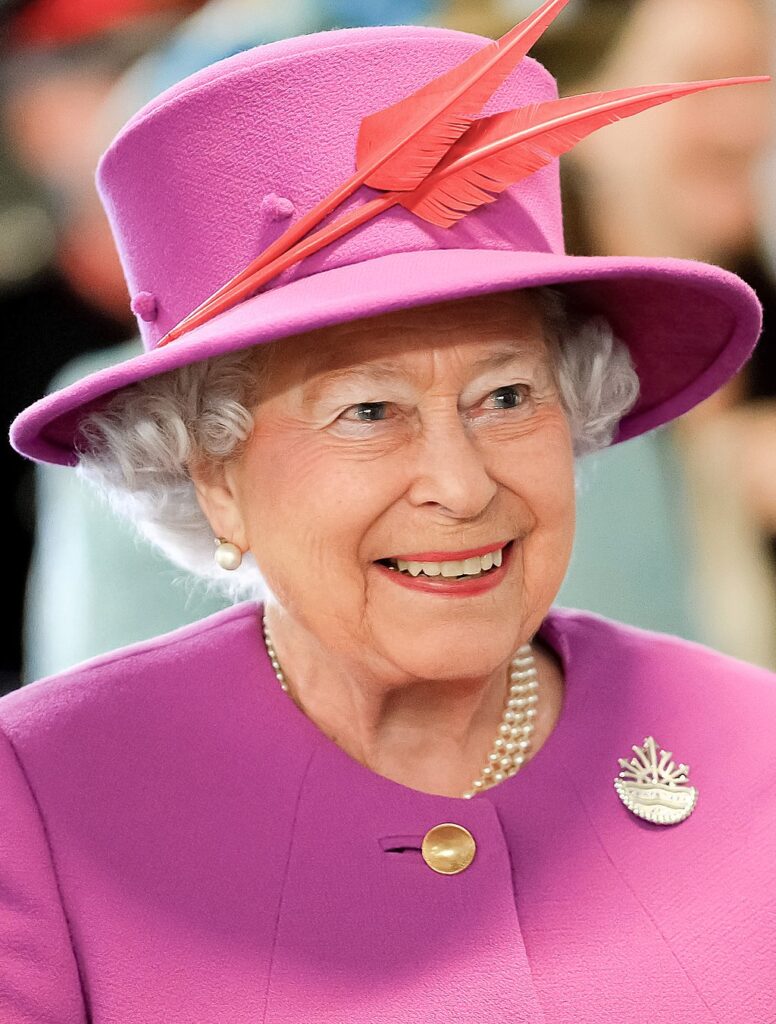
When I ended my last post nearly three weeks ago, I said that would be away for two or three weeks. How dramatic these weeks have turned out to be! The biggest event in news coverage terms, here in Britain, was the death of Queen Elizabeth II, who was buried earlier this week. Whether this is as important those many other stories in actual terms is harder to say. But I want to say something about it.
I am an apathetic republican. I don’t think that the head of state should be monopolised by one family, and decided by heredity. But I am open to more pragmatic arguments about the monarchy’s usefulness – and there is no perfect democratic alternative. This apathy, whether one is for or against the institution, seems to be widely shared. It is remarkable how many supporters use its attraction to tourists as one of their principal reasons – talk about damning with faint praise. A lot of our feelings are tied up with the holder of the top job. Like most I have been impressed with Elizabeth’s towering sense of public duty, and the way that she has preserved the institution’s dignity over the 70 years of her reign. And a feeling that I owe her thanks.
Many have reported being affected by association with their own families. This has affected me too. She was born about a month before my mother (who passed away in 2009), and about six months after my aunt, who is still with us. It is as if she was a distant member of the family – and her passing marks the disappearance of that generation. Which leads us to contemplate our own mortality.
Looking back on the period of mourning, it was a remarkable ten day storm – one that arose very suddenly, and which has passed just as suddenly. On the Saturday following her death I read a Guardian headline suggesting that BBC leaders were struggling to balance their coverage with other events. That puzzled me a bit, though not enough to read the article. I had not observed any balance in the BBC’s coverage whatsoever. On Friday night the BBC aired an extended programme referred to as “News and Weather” in the schedule, lasting an hour. We did get a short weather bulletin at the end. But not so much as a second of “other news’. We kept watching in anticipation that they would gives at least a little new, but nothing came. There was little enough actual news about the Queen’s death and the royal succession – just endless circling and dredging through history. And those royal correspondents dripping complacency. The BBC became pretty much useless and I stopped viewing or listening. Until the funeral – most of which I watched. The coverage of that was good – mainly because the commentators said very little, and allowed the ceremony to speak for itself. Funnily enough all that processing in and out was more moving that the service itself.
What of Elizabeth and her legacy? She held completely to the doctrine that the monarchy should be non-political. She simply stood for general goodwill to all. In practice that meant doing whatever her prime minister advised her to do. As a constitutional model, it is a weak one. Democratic systems work best when there is tension, forcing people to justify their actions, and creating a dialogue through which people can work through the issues. Instead, our system depends on the prime minister not asking for anything improper. Its failure was evident in 2019, when she appointed Boris Johnson as prime minister, simply on the advice of his predecessor (Theresa May), who followed Conservative Party rules. Mr Johnson did not have any parliamentary mandate until the general election of December that year. Meanwhile he inherited all the formidable executive powers of that role. This reached its climax when he decided to suspend the troublesome parliament without any clear constitutional reason. The Queen went along with this outrage – it was only stopped by the Supreme Court. But the Queen probably did not have a choice, as she had no democratic mandate of her own and was tied to a particular set of precedents – the culmination of the decades of her rule. A head of state should have forced Mr Johnson either to get his parliamentary mandate, through a confidence vote, or let somebody else try, or call an election. A serious flaw was exposed in Britain’s constitution.
I think that episode was the only serious political blemish in the Queen’s reign. Her interventions in the affairs of the Royal Family were less happy, from vetoing her sister’s marriage to a divorcee, to manoeuvring her heir Charles away form his love, Camilla, leading on to the disastrous marriage with Diana Spencer and its still reverberating after effects. All to no avail as Camilla is now the Queen Consort. In this, though, the Queen was following advice from her family and courtiers. It would have required immense will to resist these forces. That was not how she saw her role. Her one serious act of individual will – her choice of husband – was accomplished before she took the crown.
What happens next is hard to say. It cannot be the same with King Charles, even if he tries to make it so. We have been so used to Elizabeth as the sovereign that it is very difficult to understand how things have changed. The safest prediction is that the constitutional monarchy will go on. It will require a crisis to change it. The period of mourning showed a yearning from the bulk of British people (even the Scots) to stand together after the divisions of Brexit – and it will take a major crisis to bring the monarchy into doubt.
If the monarchy goes, it will be as part of a wider crisis in the British state. The main threat to the constitution came from Boris Johnson. That has been removed (though he has one potential last, damaging act in appointments to the House of Lords) – but other dangers lurk – not least the independence movement in Scotland. That is for the future.
Meanwhile I just want to record my thanks to Her Majesty for a long life of loyal service to my homeland, and, indeed, to the wider world.


